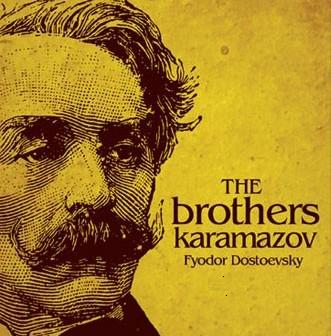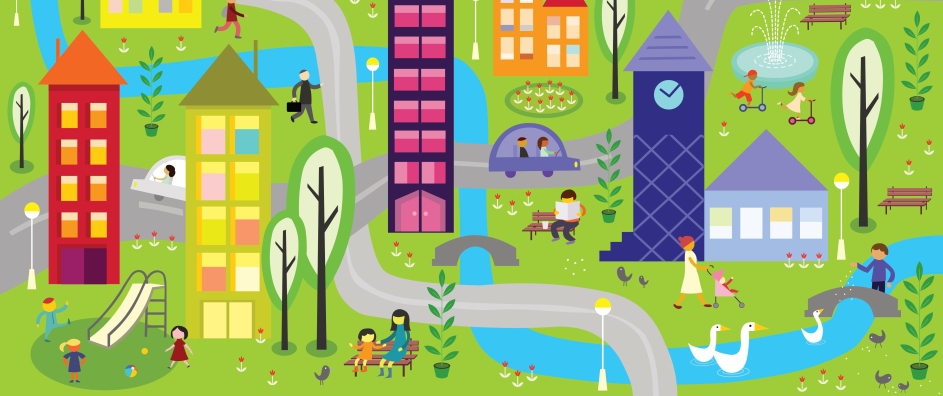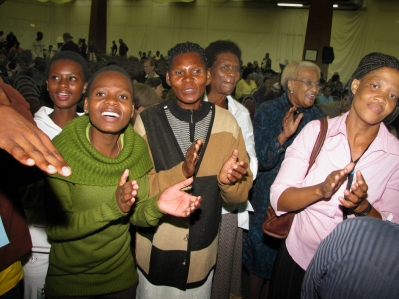The views expressed in our content reflect individual perspectives and do not represent the authoritative views of the Baha'i Faith.
Our post-modern era famously — and tragically – has frayed the bonds of human community.
We can now travel the globe, but contemporary philosophers and psychologists say that our sense of disassociation and disunity have become so pronounced that increasingly people feel little loyalty to any larger community. Instead, many people find themselves estranged and on their own, without a communal connection to others or a sense of belonging to any supportive, unified group. Instead we feel like outsiders, adrift, alienated and alone.
Many blame the Internet for this absence of a social ethic, this breakdown of the relationship between the individual and the community. But anomie, alienation and a lack of shared values in society have all existed much longer than computers. Our art and literature prove it.
 One of the first great works of art to explore this subject came from the legendary Russian novelist Fyodor Dostoevsky, who wrote about existential alienation in his seminal 1880 book The Brothers Karamazov. Dostoevsky’s novel expresses his views about God, lack of faith, free will, morality and reason, all set against a rapidly-fragmenting, industrializing society. In his cautionary novel we see the terrible effects of disunity, aversion and disengagement from others on individuals, families and entire cultures. Dostoevsky’s masterful work makes us feel the despair of people whose sense of community evaporated as the world moved from a slower, more pastoral existence into a mechanized and much more frenzied pace of life.
One of the first great works of art to explore this subject came from the legendary Russian novelist Fyodor Dostoevsky, who wrote about existential alienation in his seminal 1880 book The Brothers Karamazov. Dostoevsky’s novel expresses his views about God, lack of faith, free will, morality and reason, all set against a rapidly-fragmenting, industrializing society. In his cautionary novel we see the terrible effects of disunity, aversion and disengagement from others on individuals, families and entire cultures. Dostoevsky’s masterful work makes us feel the despair of people whose sense of community evaporated as the world moved from a slower, more pastoral existence into a mechanized and much more frenzied pace of life.
The Brothers Karamazov – universally regarded as one of the greatest and most penetrating works of fiction ever written — spawned many more literary works about alienation and existential dread from writers like Kafka, Camus, Eliot, Joyce and Ellison. Their penetrating artistic exploration focused on the powerlessness, meaninglessness, isolation and lack of faith contemporary societies can produce.
But their bleak vision of a modern world bereft of community does not have to become our reality.
While Dostoevsky wrote his fiction in the late 1800’s, the Baha’i Faith and its new teachings of a unified global community had already begun to spread around the world and into the consciousness of humanity. Today, united, warm and welcoming Baha’i communities flourish in almost every nation on earth, and everyone can find, connect with and join one of those communities.
Baha’is see this resurgence of community, this joyous unity forged out of enormous diversity, as one of the happiest, healthiest and most humanitarian outcomes of all the teachings of Baha’u’llah.
That’s because Baha’u’llah’s teachings – which serve as the basis for this burgeoning renewal of community around the globe – emphasize world unity, love for humanity and the elimination of all forms of prejudice. They urge us to break down the barriers of race, class, ethnicity and nationality which keep people isolated and disunified. Ultimately, they urge us to come together as one.
Baha’i communities exist just about everywhere. And wherever they exist, Baha’is focus on building a world-minded, supportive sense of close association, mutual assistance and loving regard for everyone. Baha’i community-building activities engage children, youth and adults in a dynamic, interesting and challenging new way of making connections, which offers everyone a feeling of contributing, belonging and participating – the antidote for alienation and disunity. This strong community-creating force unleashed by Baha’u’llah centers around the universal human need for support, consultation and connection, and focuses on establishing unity between all peoples and cultures:
The fundamental purpose animating the Faith of God and His Religion is to safeguard the interests and promote the unity of the human race, and to foster the spirit of love and fellowship amongst men. – Baha’u’llah, The Proclamation of Baha’u’llah, p. 112.
When you make the individual, personal, spiritual decision to explore and learn about the Baha’i Faith, you’ll meet the people in your local Baha’i community. Big or small, that local community exists to nurture, assist and spiritually support its members, its friends and everyone else. In the warm embrace of that community, seekers and new Baha’is can make lifelong friends, experience the wide diversity of the Baha’is and their backgrounds, and discover a newly awakened sense of closeness and unity among people.
And beyond that, Baha’is all become part of a global Baha’i community and culture, which offers a growing, learning-based model of how diverse people can live together in harmony and unity. Baha’is strive for world citizenship, and that means the worldwide Baha’i community has become one of the most unified bodies of people on earth. Everyone can take part, adding his or her input and inspiration. No other organized force for good has the worldwide scope, range, diversity and unity of the Baha’i community – and because of that unique scope and synergy, no other community has such an immediate and enormously powerful ability to convey the consciousness of world citizenship.

















Comments
Sign in or create an account
Continue with Googleor